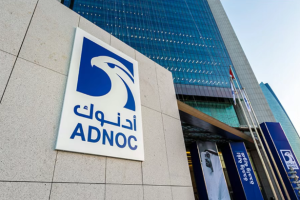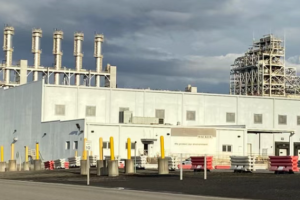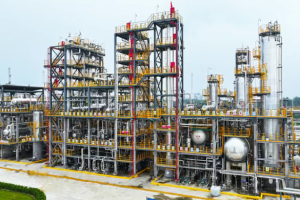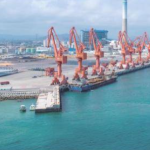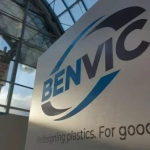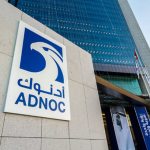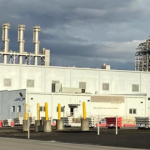June 5, 2025 – Global chemical giant BASF has launched commercial operations at its Black Mass plant in Schwarzheide, Germany, marking a significant breakthrough in its battery recycling portfolio. With an annual processing capacity of 15,000 tons, the facility ranks among Europe’s largest lithium battery recycling hubs, capable of handling waste batteries from approximately 40,000 electric vehicles (EVs) annually.

The plant employs advanced mechanical processing technologies to transform spent lithium batteries into Black Mass—a intermediate product rich in critical metals such as lithium, nickel, and cobalt. According to the Color Masterbatch Industry Network, these metals can be reprocessed via chemical recycling into cathode active materials, significantly reducing carbon emissions compared to virgin mining. By integrating Black Mass production, cathode material manufacturing, and metal refining, BASF has established a full-fledged battery recycling ecosystem in Europe.
BASF has recently adjusted its battery materials strategy, shifting focus from direct nickel-cobalt mining investments to strengthening recycling capabilities and expanding cathode material production. The second phase of its joint venture with Shanshan in Changsha has started operations, boosting high-nickel cathode material capacity to 100,000 tons per year and introducing innovations like 4.45V high-voltage cobalt lithium oxide.
“The new plant enhances our raw material self-sufficiency and helps customers comply with EU battery regulations,” said Dr. Daniel Schönfelder, President of BASF’s Battery Materials Business. With four global production bases and R&D centers, BASF offers a comprehensive portfolio of high-voltage cobalt lithium oxide, NCM materials across nickel gradients, and solutions for EVs and energy storage.
Industry analysts note that the EU’s new battery regulations and rising EV adoption will drive exponential growth in the battery recycling market. By prioritizing recycling, BASF not only secures critical raw material supplies but also gains environmental and economic advantages, positioning itself to lead in a competitive landscape.





